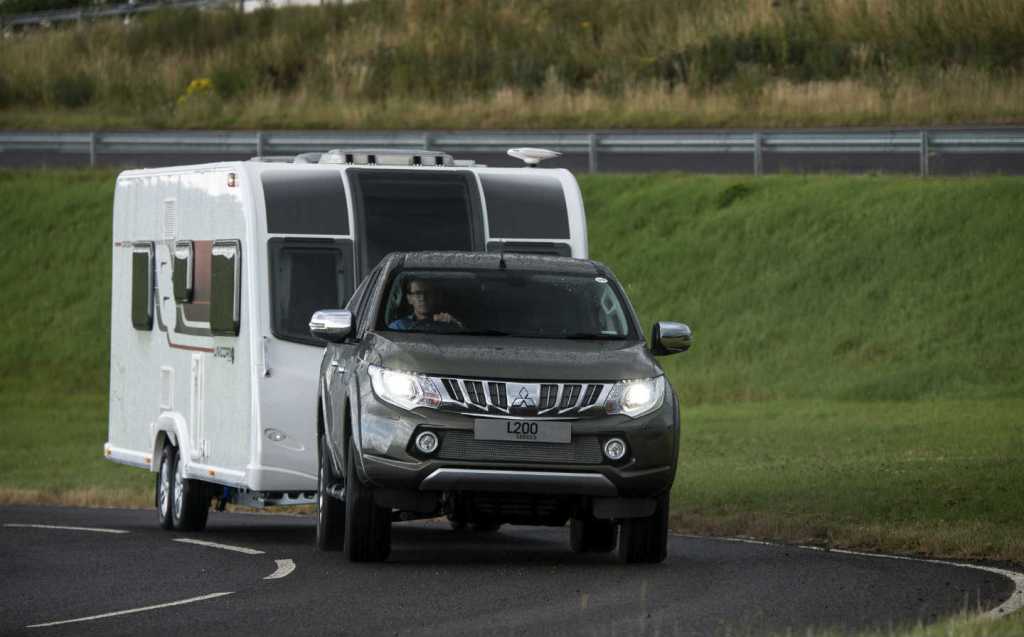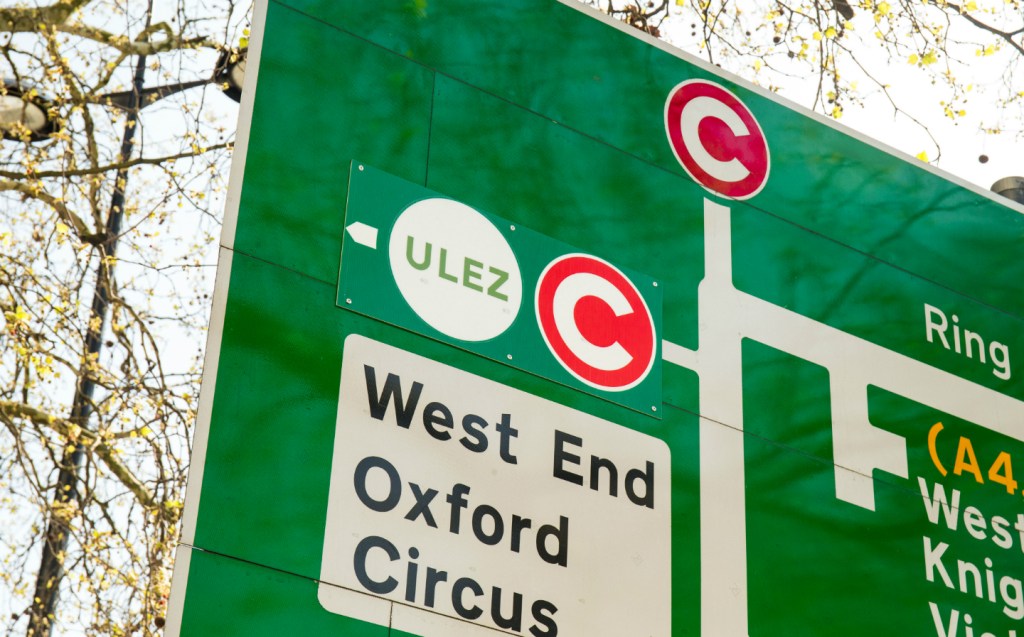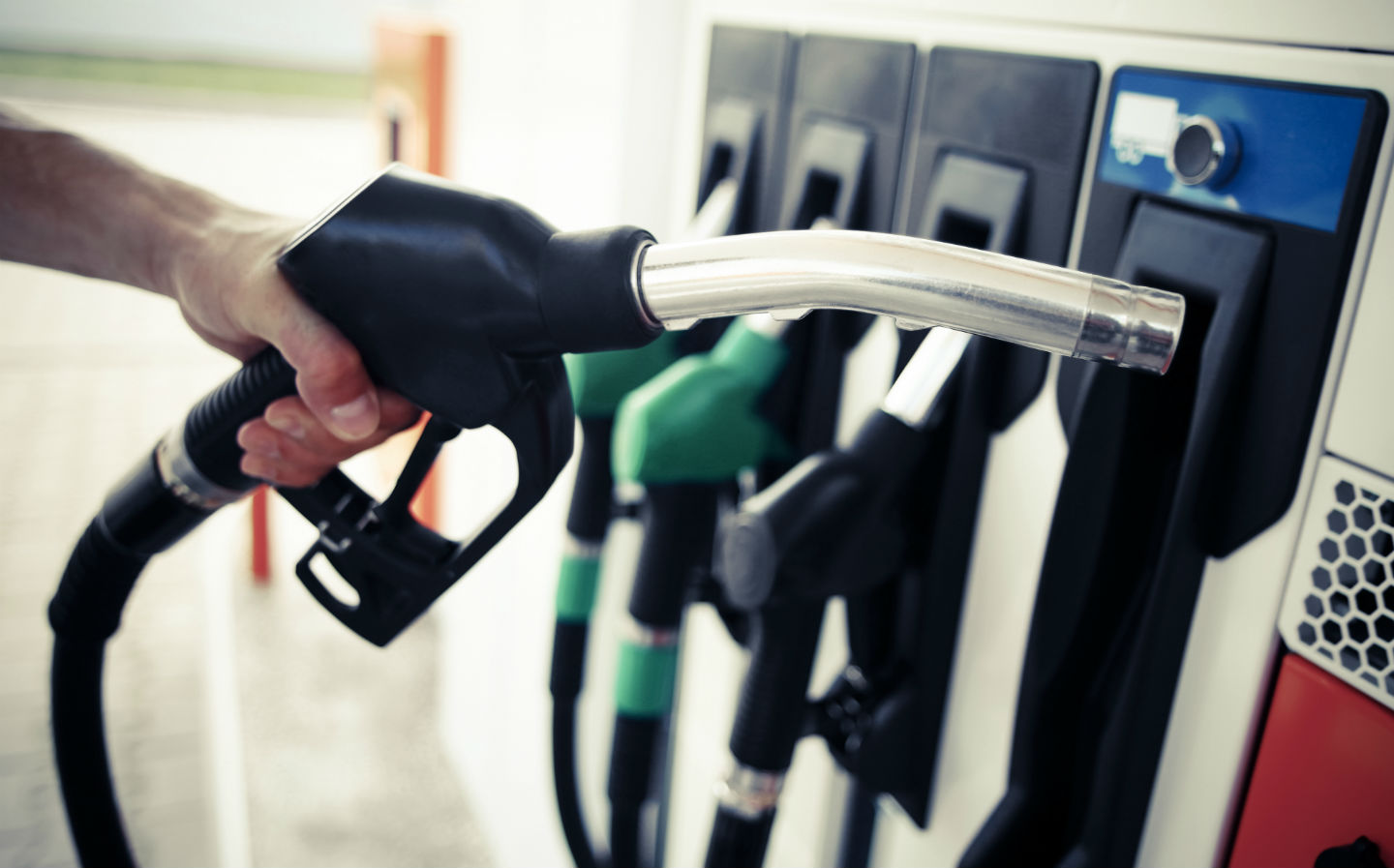Should I buy a diesel car in 2025?
They may be a good fit for your needs, but is it worth buying a diesel car in the present day?
Diesel’s fall from grace as the choice of fuel for the masses in the UK has been little short of spectacular — and remarkably sudden to boot. From outselling petrol cars in the UK in 2012, by 2024 the numbers of fresh diesels sold had dwindled to just 6.3 per cent market share, in a year which was the best for new-car sales post-pandemic.
This sharp decline began in the wake of the 2015 “Dieselgate” scandal, in which a number of manufacturers appeared to have been cheating the public in terms of the cleanliness and efficiency of their diesel engines. Chief among them was Volkswagen.
Originally lauded for their lower CO2 emissions compared to petrol cars, and given healthy tax breaks by the UK government (among other global legislators) to incentivise sales, diesel cars were put under the microscope in the wake of Dieselgate and became better known that tailpipe nasties, such as nitrogen oxides and particulate matter, were higher for this fuel type than any other — and so the government did a U-turn on tax breaks for diesels.
This included increased vehicle excise duty (VED, or road tax) and the introduction of ultra-low emission zones (ulez) in our cities, which are particularly punitive on the drivers of older diesel vehicles. It also turbocharged the discussion on whether combustion cars should be outlawed completely.
The effect on sales of diesels has been stark. In 2015, 1,276,871 new diesels were registered out of a total figure of 2.6 million vehicles, representing a 48.3 per cent market share. By 2017, sales of new diesel cars began to fall, and just one year after that only 750,165 new cars sold in the UK were powered by the fuel type and the figure had collapsed to a pitiful 123,104 units in 2024 — down 90 per cent in the nine years since Dieselgate.
A ban on sales of new petrol- and diesel-powered cars is now confirmed to come into effect in 2030. But with the ban still more than four years away, and not covering used cars, the obvious question is this: should you still buy a new or used diesel vehicle in 2025, or is that a very bad idea?
What strengths does diesel still have?
Any car powered by diesel remains more fuel-efficient than its equivalent petrol model, especially on motorways, despite advances in reducing the consumption of the latter.
As well as being particularly good for long-distance drivers, as they are at their best running at constant, higher speeds with lower revs, diesels are also brilliant for towing vehicles, as their increased torque (twisting force) at low revs makes them better at pulling heavy loads than petrols of similar power and engine size.

It’s also worth noting that at the moment only older, more polluting diesels are punished for going into an urban ulez — as long as the diesel you buy is Euro 6-compliant, which covers all diesels from September 2015 (and some made before then), there shouldn’t be an extra charge to enter the zones.
Diesels that also feature AdBlue (a chemical fluid which reduces the NOx emissions from the exhaust gases of a diesel car), are even less likely to produce nasty exhaust gases.
Reasons to avoid a diesel
Those who only drive short distances on a regular basis, typically in urban or semi-urban areas, are not going to get the best from a diesel’s fuel efficiency. In fact, it is likely to used more fuel in town than a good petrol-electric hybrid car.
Also, many models have diesel particulate filters (DPF) to catch the worst of the exhaust nastiness and unless the car goes on regular long runs at sustained high speeds, such as on a motorway, temperatures inside the DPF don’t get high enough to burn off the deposits. This causes the DPF to clog up and not work properly, resulting in increased bills for repair work in the longer term.

And if you live or work in Greater London, unless you buy or own a diesel car from 2015 onwards, you might be best off getting rid of it. Pretty much all of the area within the M25, save for a few of the outer fringes and a handful of roads outside the London Orbital, are subject to the £12.50 a day ulez charge.
Similar schemes, of varying severity, are in force in all of Aberdeen, Bath, Birmingham, Bradford, Bristol, Dundee, Edinburgh, Glasgow, Manchester, Newcastle, Oxford, Portsmouth and Sheffield in 2025. They are sometimes known as “caz”, for clean-air zone.
Admittedly, some of these don’t apply to private cars — only taxis and other business-use vehicles — but some of them, specifically the Scottish schemes, completely prohibit older diesel cars from entering the city centres. Unlike London, you can’t pay a fee to drive into the zone in these places in pre-Euro 6 diesels, as instead you’ll simply be fined (typically £60) if you venture into the ulez/ caz in a non-compliant vehicle.
Should I sell my old diesel?
Only if you want to. There’s no immediate rush, because no-one has suggested used diesels will be outlawed.
It’s worth keeping an eye on the residual value of your diesel vehicle, though, because the reducing demand for them means it may become worth less than the same model of similar age, spec and mileage with a petrol engine.
Conversely, that means some excellent deals could be had on used diesels, and tax on pre-2017 models is still favourable versus petrol equivalents (all cars registered after April 2017 pay the same flat rate… though watch out for an additional annual levy on cars younger than six years old that cost more than £40,000 when new).
Also note that all cars powered purely by internal combustion engines, which covers petrol and diesel vehicles, are suffering slightly in terms of used values from the impending 2030 ban, so it’s not as if diesels are being specifically singled out on the second-hand market.
Should I avoid buying a diesel, then?
The biggest issue today is finding a new diesel to buy in the first place. With an increasing number of hybrids, plug-in hybrids and pure-electric vehicles now on offer, some manufacturers have moved away from diesel entirely — Porsche being a prime example, while even compatriot BMW has thinned out the options to just a handful of its SUV lines these days.
In 2025, it’s pretty much unheard of to fine smaller diesel-powered cars, such as city runarounds and superminis — sectors which used to offer a wide spread of economical, efficient diesel engines.
You can still get quite a few Audis with diesel power, such as the A5, and the incoming new Q5 and A6 ranges, mind you, and it remains a popular engine choice for more rugged SUVs and 4x4s like the Land Rover Defender, as well as pick-up trucks such as the KGM Musso or Toyota Hilux. Ford and Volkswagen, due to a technical tie-up, also offer a silky 3-litre V6 turbodiesel in their Ranger and Amarok pick-ups, respectively.
The long and short of all this is that you shouldn’t panic. If you often drive long distances in one hit, you don’t need to drive into the centre of any of the major cities of the UK on a regular basis, and/ or you require something that can tow a trailer or caravan from time to time, then a diesel is still a sound choice.
For everyone else, you’re probably better off with a petrol or a hybrid car. Or, if electric cars offer enough range and charging convenience for you, and you spend a lot of time driving in urban and suburban settings, look at one of those instead.
Related articles
- If you were interested in whether you should buy a diesel car this year interesting, you may want to read our guide to AdBlue
- Are electric cars more likely to catch fire than petrol and diesel cars?
- What is a mild-hybrid car?
Latest articles
- Should I buy a diesel car in 2025?
- F1 2025 calendar and race reports: The new Formula One season as it happens
- Zeekr 7X AWD 2025 review: A fast, spacious and high tech premium SUV — but someone call the chassis chief
- Denza Z9GT 2025 review: Flawed but sleek 1,062bhp shooting brake from BYD’s luxury arm
- Extended test: 2024 Renault Scenic E-Tech review
- Best-selling cars 2025: The UK’s ten most popular models of the year so far
- Audi A6 Avant 2025 review: Trusty executive estate ticks expected boxes, and there’s still a diesel option
- Keir Starmer eases pressure on carmakers to sell EVs in response to ‘global economic headwinds’
- Ferrari 12Cilindri Spider review: Heady blend of traditional and futuristic becomes even more intoxicating after lid is removed














